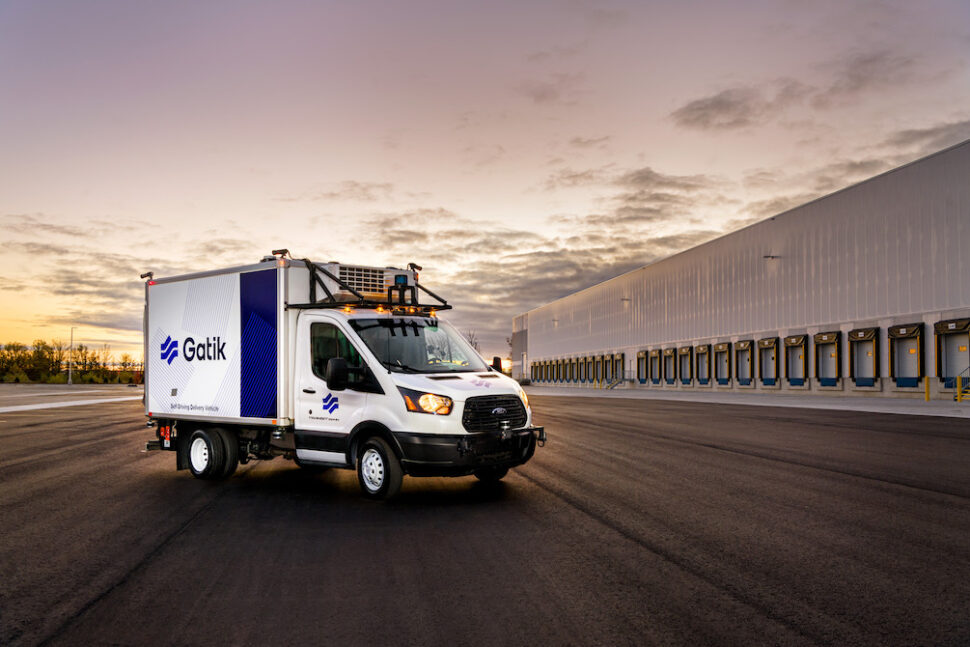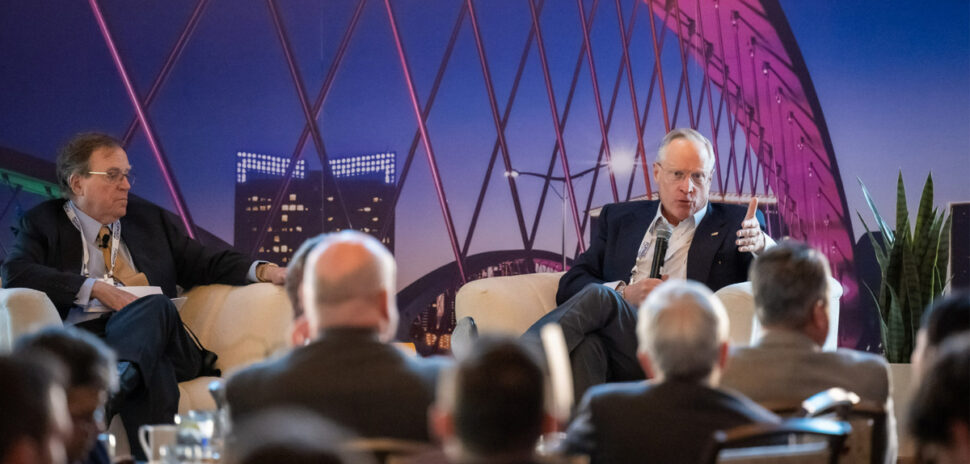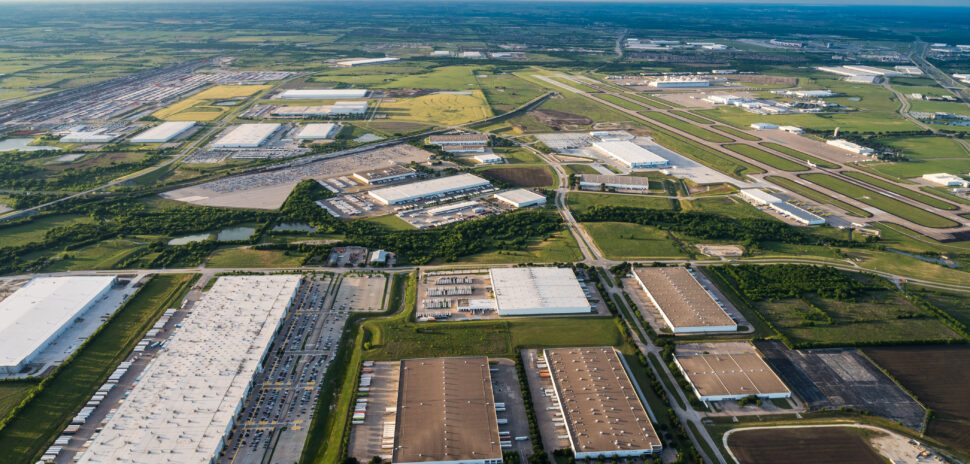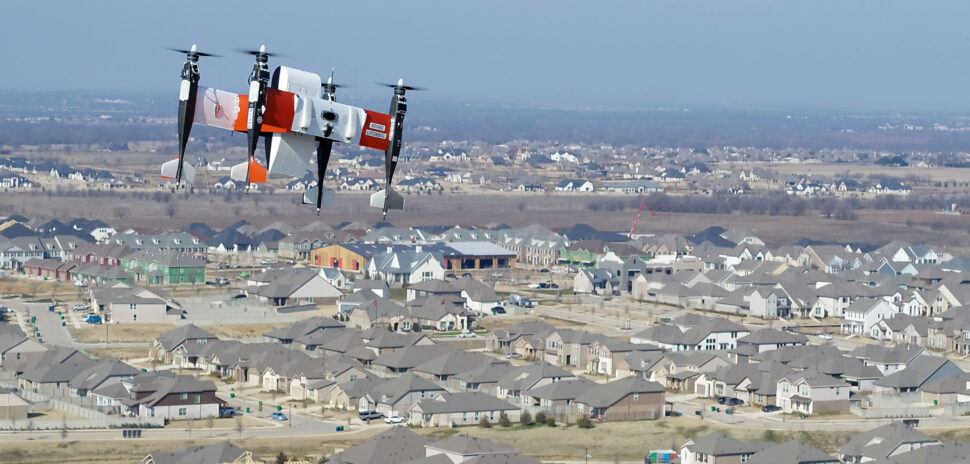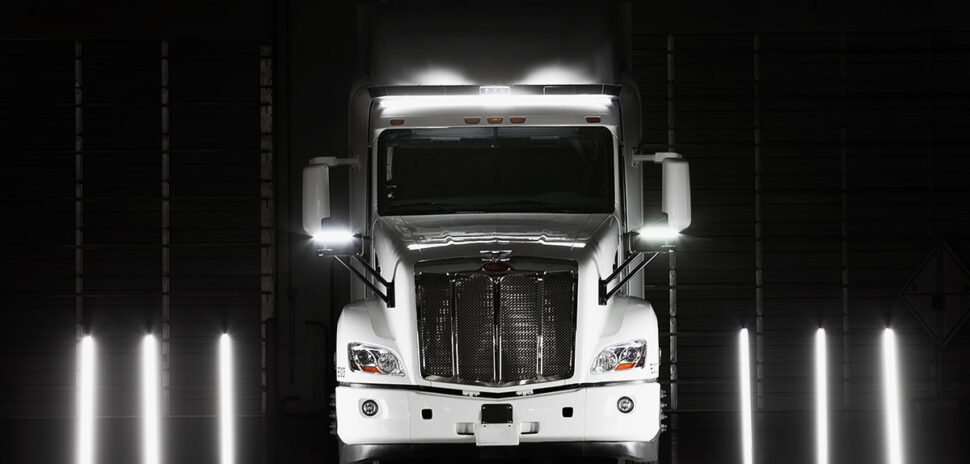 The AllianceTexas Mobility Innovation Zone (MIZ) leverages the unique infrastructure of a 27,000-acre mixed-use, master-planned development to provide an unparalleled ecosystem where businesses and entrepreneurs commercialize the latest logistics and mobility technologies throughout the supply chain impacting both surface and air environments.
The AllianceTexas Mobility Innovation Zone (MIZ) leverages the unique infrastructure of a 27,000-acre mixed-use, master-planned development to provide an unparalleled ecosystem where businesses and entrepreneurs commercialize the latest logistics and mobility technologies throughout the supply chain impacting both surface and air environments.
Currently, Texas leads the nation in tech employment growth, and the Dallas/Fort Worth area is home to the fifth-largest tech talent pool in the US. This robust talent pool, along with access to partnerships and the visionary team at the MIZ, creates an ideal environment for the testing, scaling and commercialization of new technologies.
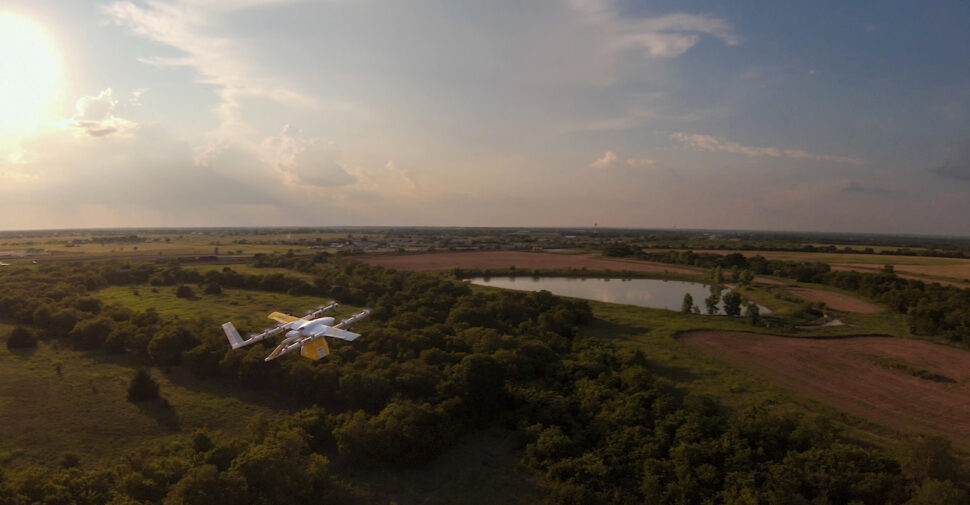
[Image: Courtesy AllianceTexas]
This landscape for mobility innovation also enables the exploration and advancement of the four key areas that will ultimately drive and shape the industry:
Electrification and Automation
Emission-free fuels and automation are critical challenges to accelerate the next wave of transportation innovation. Sufficient, sustainable charging capacity will be necessary to support a dramatic rise in future fuels such as hydrogen and electric. Additionally, automation in specific portions of the supply chain will enable people to focus on the more complex, human-centric areas of logistics. Automation will also provide flexibility as to the workforce location and the ability to scale in peak seasons.
Fostering Next-Generation Talent
Rapid growth of nascent industries will require more than luring established professionals; it will require the proactive development of the next generation of talent. This involves more than generating interest among young minds at the student level; supporting and training educators is also required, as well as creating the events, facilities and organizations that will help teachers and students stay up to date on emerging trends and technologies.
Venture Investing
With emerging, capital-intensive technology, access to capital is critical to ensuring company viability while also creating opportunities for the strategic investment of established firms. This venture capital funding is critical to getting early-stage technologies off the ground and into the market. In the coming years, autonomy, logistics and supply chain technologies will pose a huge potential upside for investors — and the MIZ will continue to provide an exceptional environment for connecting VC firms with transformational companies and ideas.
Standards and Regulations
Volumes of regulations govern aircraft operations. As autonomous mobility evolves, a comprehensive set of standards will be needed to define how UAM and AAM aircraft will function. By fostering a dialogue between private and public entities, the MIZ is helping to establish the regulations that will set the standard in safety, technology, infrastructure and other areas.
The Future Is Collaborative

[Image: Courtesy AllianceTexas}
On the road ahead, there will be no shortage of breakthrough innovations and achievements. However, no single company can provide an end-to-end solution; real progress can only happen through effective collaboration.
“There are multiple players with a piece of the puzzle,” says Ian Kinne, director of logistics innovation for Hillwood. “Moving ahead will require that players in all verticals work together. The MIZ provides a forum where all the pieces can come together to create end-to-end solutions and deploy transformational technology.”
Currently at the MIZ, great strides in long-haul and middle-mile driverless trucking are being made by TuSimple, Gatik and Einride, respectively. Meanwhile, firms like ITS Conglobal and Phantom Auto are enabling remote operators to operate, assist and supervise vehicles from thousands of miles away. As the first major commercial drone delivery service in a major US market, Google Wing, located in nearby Frisco, will help solve the regulatory obstacles needed to scale to future widespread deployment.
Along with these startups, partnerships between established entities will also drive progress forward. An alliance between Hillwood and the Texas A&M Transportation Institute (TTI) will create the level of expertise needed to conduct research, manage strategic initiatives, and build a think tank to explore new opportunities. The partnering of the MIZ with Ericsson Routes will create an infrastructure visibility platform to provide connectivity data along autonomous vehicle routes and provide the reliability needed to ensure operational safety and optimum performance.
This backdrop provides a fertile environment for significant innovation, such as the public-private joint venture between Bell Textron and NASA’s Systems Integration and Operationalization (SIO) demonstrations. This initiative has demonstrated breakthroughs in “Detect and Avoid” and “Command and Control” flight capabilities, two components needed to safely scale and commercialize Advanced Air Mobility vehicles.
“North Texas has long been a hub for transportation,” said Christopher Ash, SVP of aviation business development for Hillwood. “Now, as the MIZ attracts a growing number of players, we’re quickly establishing this region as the industry’s hub for future supply chain innovation.”
For more information on the AllianceTexas MIZ and how your organization can be part of this industry-shaping environment, contact the MIZ team at [email protected] or visit www.alliancetexasmiz.com
![]()
Get on the list.
Dallas Innovates, every day.
Sign up to keep your eye on what’s new and next in Dallas-Fort Worth, every day.


